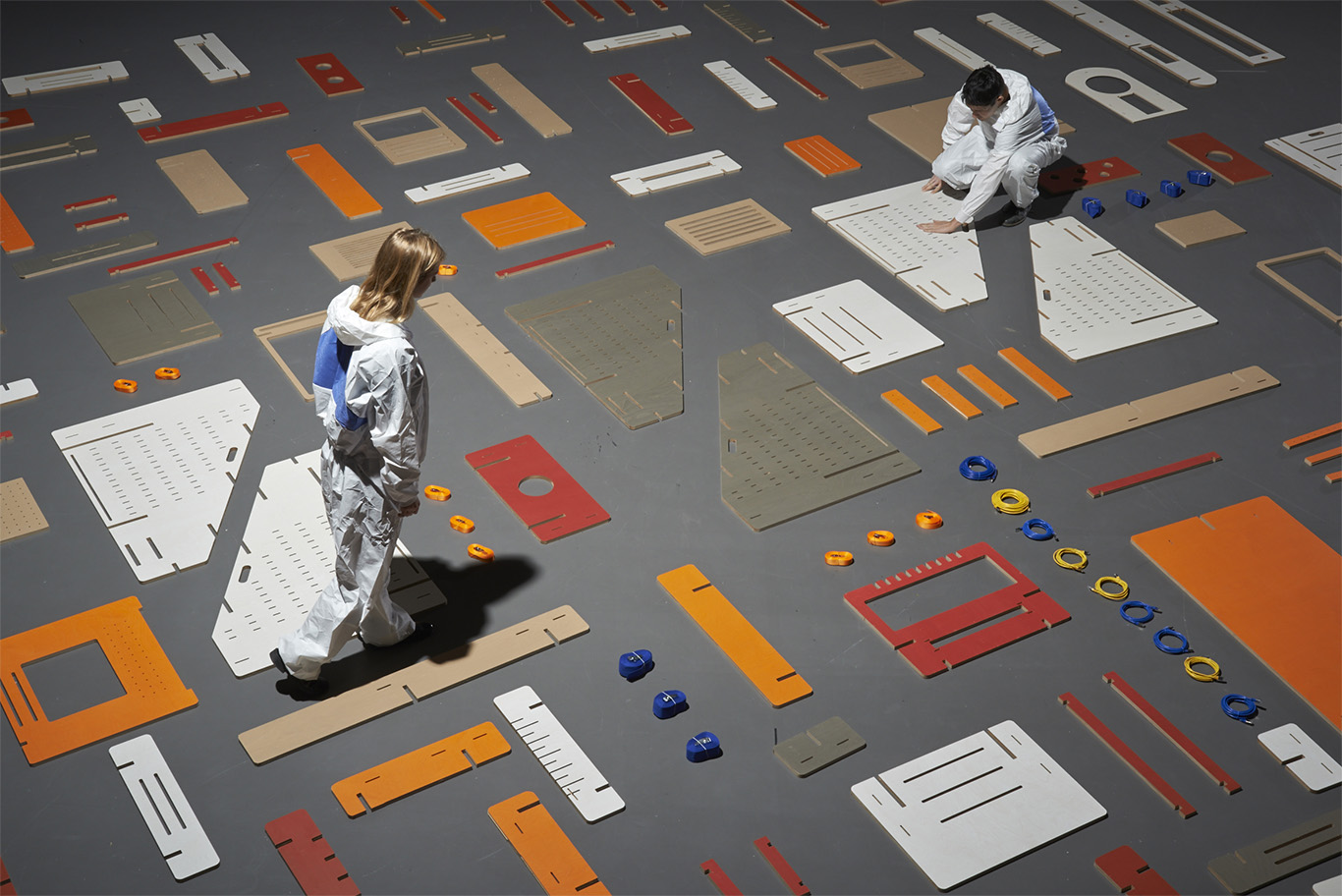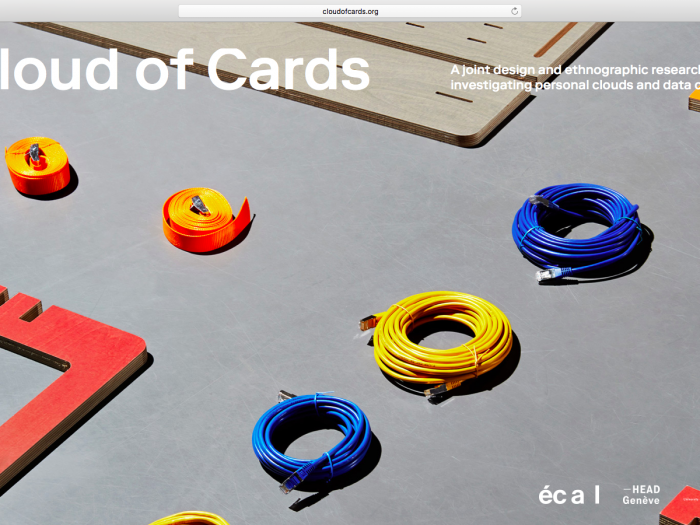Guest Researchers, Practitioners & Thinkers (in order of appearance)
—
James Auger (Auger-Loizeau), London – workshop #2 at HEAD
James Auger has a BA in Product Design from Glasgow School of Art and an MA in Design Products from the Royal College of Art. Between 2002 and 2005 he was employed as a research associate at Media Lab Europe, where the main focus of his research was a design-based investigation into technology-mediated human interaction. He then worked at the Issey Miyake Design Studio in Tokyo as guest designer. Since 2005 he has been teaching and continuing his research in the Design Interactions programme at the RCA.
James is also a partner in the Speculative Design practice Auger-Loizeau, whose projects have been published and exhibited internationally, including MoMA, New York; 21_21, Tokyo; The Science Museum, London and the Ars Electronica festival, Linz, and are part of the permanent collection at MoMA. In 2003 James was awarded the Köln Klopfer International Designer of the Year by the students of KISD in Germany. James Auger is an external examiner at Edinburgh College of Design, visiting professor at HEAD – Geneva, and on the judging panel of IF Design awards.
Matthew Plummer-Fernandez (#Algopop), London – workshop #3 at ECAL
British/ Colombian Artist and Designer Matthew Plummer-Fernandez makes work that critically and playfully examines sociocultural entanglements with technologies. His current interests span algorithms, bots, automation, copyright, 3D files and file-sharing. He was awarded a Prix Ars Electronica Award of Distinction for the project Disarming Corruptor; an app for disguising 3D Print files as glitched artefacts. He is also known for his computational approach to aesthetics translated into physical sculpture.
For research purposes he runs Algopop, a popular tumblr that documents the emergence of algorithms in everyday life as well as the artists that respond to this context in their work. This has become the starting point to a practice-based PhD funded by the AHRC at Goldsmiths, University of London, where he is also a research associate at the Interaction Research Studio and a visiting tutor. He holds a BEng in Computer Aided Mechanical Engineering from Kings College London and an MA in Design Products from the Royal College of Art.
Dr. Christian Babski (fabric | ch), Lausanne – developer
Christian Babski is lead programmer and co-founder at fabric |ch, a studio for architecture, interaction and research based in Lausanne, Switzerland.
As scientist, Christian Babski takes part in the technical and software development of research projects within the group. Through experimental projects, he developed specific skills in interfacing heterogeneous systems/mechanism/hardware by achieving specific software libraries in numerous distinct programming languages. Therefore, he is used to manage computer hardware, sensors, mobile devices as well as network and online technologies or services.
Christian Babski holds a Phd in Computer Graphics from the Swiss Federal Institute of Technology (Lausanne), where he was involved into several European research projects. He previously graduated in Computer Science (Ma) in Dijon (France), prior to finalizing a Master of Science (M.Sc) in Lyon (France)/Geneva (Switzerland).
-
Contact: christian[dot]babski[at]fabric[dot]ch
Dev Joshi (Random International), London – workshop #5 at ECAL
Dev Joshi is Head of Technology at contemporary art studio Random International. Having trained in product design engineering he has spent the last five years at Random finding ways to bend technologies and systems for use outside their usual arenas. In addition to his work in the arts, Dev has recently launched Headless Ghost, a Kickstarter funded display emulator and is CTO at Product Laboratories Limited – developers of Rain Cloud, a connected weather device. Focusing on hardware and humans, Dev enjoys exploring the interface between people, objects and the behaviors of both as well as how technology can be used to convey information across the fields of art and science for both practical and emotional expression.
Sascha Pohflepp, Cologne – workshop #6 at HEAD
Sascha Pohflepp is a German-born artist, researcher and writer whose work has been known to probe the role of technology in our efforts to understand and influence our environment. His interest extends across both historical aspects and visions of the future and his practice often involves collaboration with other artists and researchers, creating work on subjects ranging from synthetic biology to geo-engineering and space exploration. Notable exhibitions include Talk To Me at MoMA New York, Hyperlinks at the Art Institute of Chicago, Micro Impact at the Boijmans Van Beuningen Museum Rotterdam, Pre-History of the Image at STUK Kunstencentrum Leuven, Science Fiction: New Death at FACT Liverpool and an online project for opti-ME* at Auto Italia South East in London. Sascha’s work has earned two Honorary Mentions from the VIDA Art and Artificial Life Awards and in June 2015 was shortlisted for the Berlin Art Prize.
Continue Reading…

